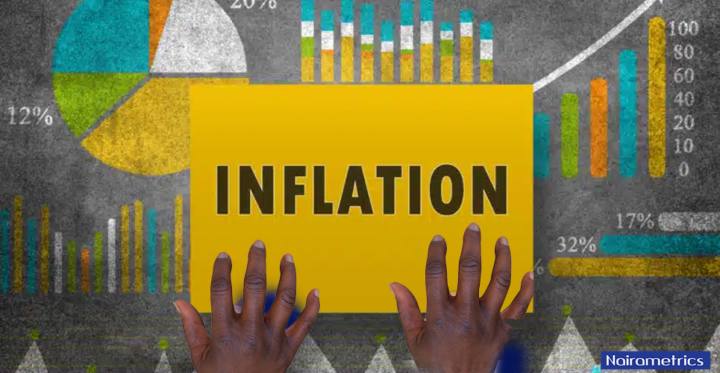The inflation rate in Nigeria experienced a notable increase, reaching 28.92% by December 2023. This figure reflects a substantial rise in the general price level of goods and services, indicating economic challenges associated with inflationary pressures during the specified period.
In a significant economic development, Nigeria witnessed a substantial uptick in its inflation rate, surging to 28.92% by the conclusion of December 2023. This marked increase in inflation signifies a notable rise in the overall price level of goods and services within the country during the specified month.
The surge in inflation has implications for various sectors of the economy, impacting consumers, businesses, and policymakers alike. As prices experienced a notable ascent, consumers may have faced increased costs of living, potentially affecting purchasing power and household budgets. For businesses, rising inflation can pose challenges in terms of cost management, production expenses, and overall economic planning.

The drivers behind this surge in inflation are multifaceted and could be influenced by factors such as supply chain disruptions, global economic conditions, and domestic policy considerations. Understanding the root causes of this inflationary trend is crucial for policymakers in crafting effective responses to mitigate its impact on the economy.
The 28.92% inflation rate serves as a quantitative indicator, reflecting the severity of the inflationary pressures faced by the Nigerian economy during the month of December 2023. Such metrics provide analysts, policymakers, and stakeholders with insights into the economic dynamics and aid in formulating strategies to address the challenges associated with inflation.
While inflation is a complex economic phenomenon, its management is essential for maintaining economic stability, fostering sustainable growth, and ensuring the well-being of the population. As authorities assess the factors contributing to the inflationary pressures, effective policy measures may be implemented to address the root causes and mitigate the impact on the overall economy.
In conclusion, the surge in Nigeria’s inflation rate to 28.92% in December 2023 is a noteworthy economic development, warranting careful analysis and strategic responses. This inflationary trend underscores the need for proactive measures to stabilize the economy, protect consumers and businesses, and ensure the continued resilience of the nation’s economic framework.
Support InfoStride News' Credible Journalism: Only credible journalism can guarantee a fair, accountable and transparent society, including democracy and government. It involves a lot of efforts and money. We need your support. Click here to Donate
